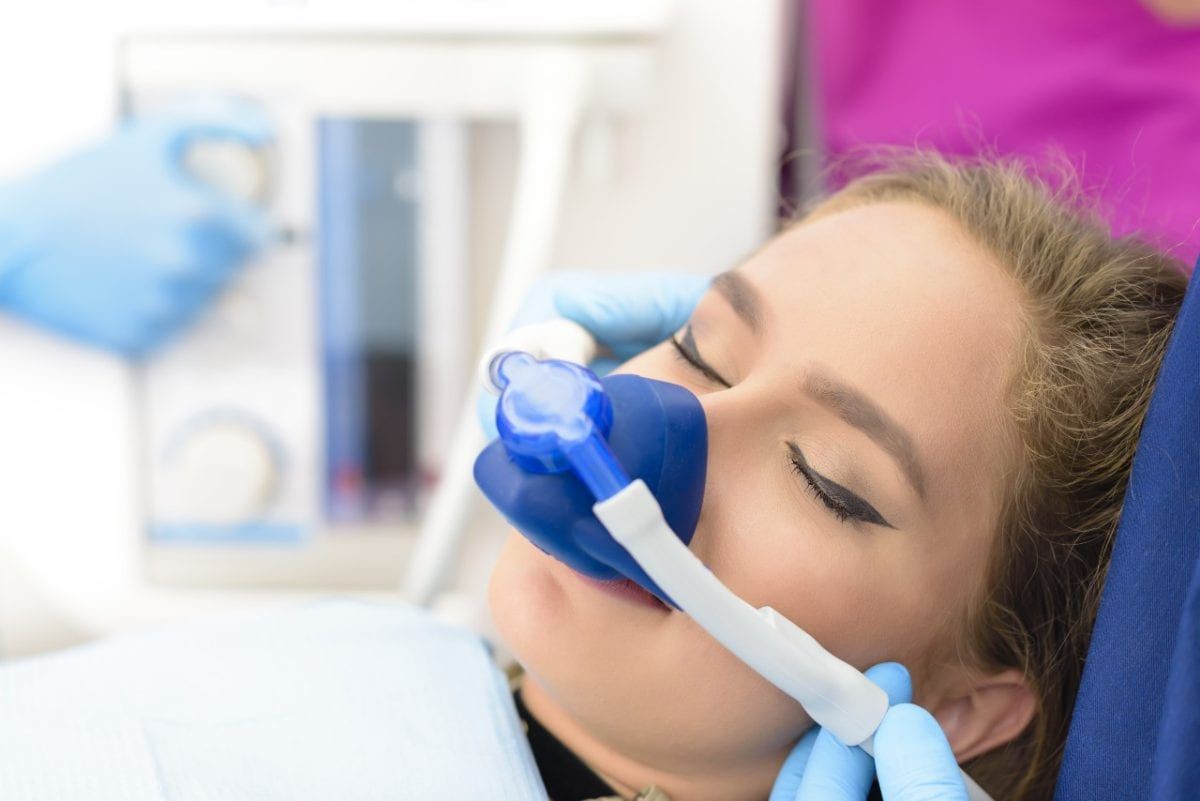
Dental Insurance
Dental insurance can be very confusing. Co-pays? Co-insurance? What does all of this mean? Our office is here to help you understand and to walk you through getting the most out of your dental insurance. Your insurance benefits are researched prior to your consultation, by phone, fax, or online. This











